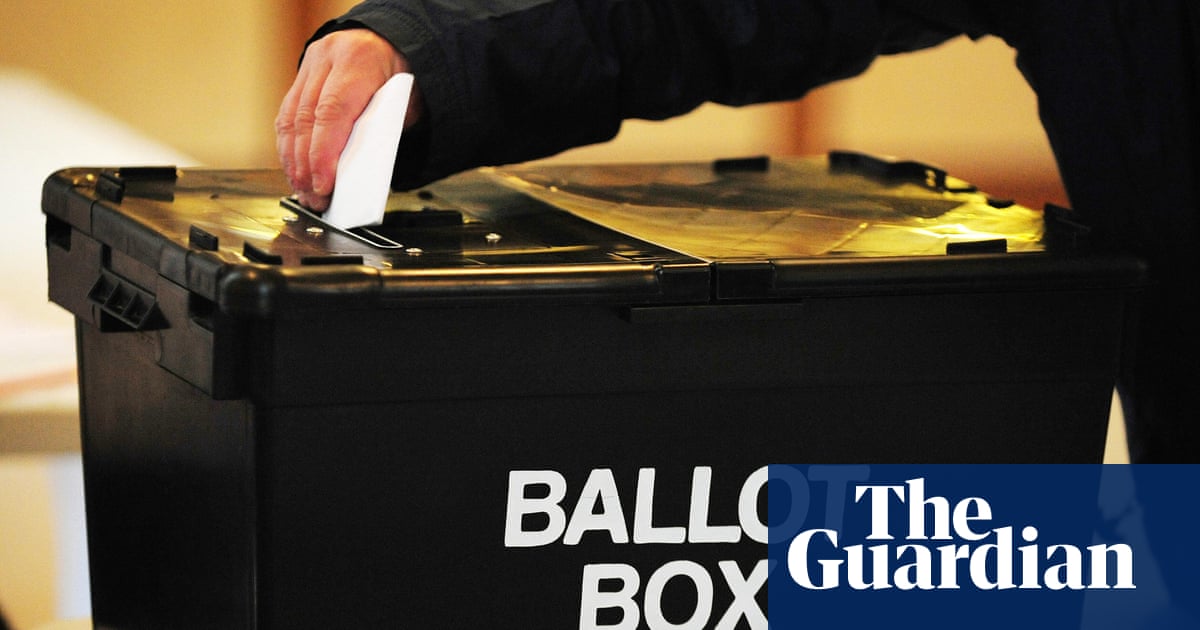
On the day Rishi Sunak called a general election for 4 July, the Conservatives were trailing Labour by nearly 22 points in the polls.
For many in Sunak’s party, going to the country in these circumstances seems like madness. But Tory strategists concluded their position – which has been the same for over a year – was unlikely to improve in the next six months.
Instead, Sunak will be hoping that polls narrow during the six-week election campaign as he takes the fight to Labour.
The polls have been wrong several times before, notably in 2015 when the Conservatives under David Cameron unexpectedly won a majority, dashing Ed Miliband’s hopes of becoming prime minister. In the run-up, most pollsters had suggested that the two main parties were neck and neck.
But unlike under Miliband, Starmer’s Labour has maintained a hefty double-digit poll lead for nearly two years.
“There are different ways you can look at this: the historical precedent, the polling trends and the concrete stuff like the recent local elections,” said Joe Twyman, the founder of Deltapoll. “All of them say the same story, and that’s that the Conservatives are in a lot of trouble.”
The Conservatives have not been ahead in any published opinion poll since 6 December 2021, according to Twyman, while Labour has had a double-digit lead since 26 September 2022.
Labour’s average poll lead over the Conservatives widened to a whopping 30 points during Liz Truss’s brief premiership in the autumn of 2022. It fell to about 20 points after Sunak took over as prime minister and has remained broadly steady since.
Most analysts expect the polls to narrow as the campaign focuses voters’ minds. But Labour insiders stress that the May local elections demonstrated support for the party is efficiently distributed around the country, putting them in a position to win many more seats than Jeremy Corbyn did in 2017 when votes piled up in safe urban constituencies.
Because of this, Twyman said the current polling suggested this election was “more akin to 1997 than 2015”. In 1997, Labour won 43% of the vote and the Conservatives 31% – a 12-point difference, but one that handed Tony Blair a huge 179-seat majority.
“The Conservatives will say there’s no enthusiasm for Keir Starmer, he’s not where Tony Blair was. That is true, but he doesn’t need to beat Blair, he needs to beat Sunak,” Twyman said.
“The key figures underlining that, when you look beyond the headlines, are the data on leadership and on the economy,” Twyman added. “It’s never been the case that a party has won the most seats in a general election by being behind on those two. The Conservatives have been behind by some distance for some time.”
Starmer is consistently well ahead of Sunak on leadership questions. He is leading by 16 points on the closely watched metric of who would make the better prime minister, according to YouGov figures.
Labour is also more trusted than the Conservatives on the economy, whose poll rating on that issue has flatlined for the past year despite inflation falling and ministers making cuts to national insurance.
By comparison, Twyman said, in the underlying data in 2015, Cameron was performing better than Miliband on the leadership question and the Conservatives were more trusted on the economy.
“We have a fully organised and operational campaign ready to go,” Starmer’s spokesperson said in response to the election speculation on Wednesday. “And we think the country is crying out for a general election – so I would urge the prime minister to get on with it.”












